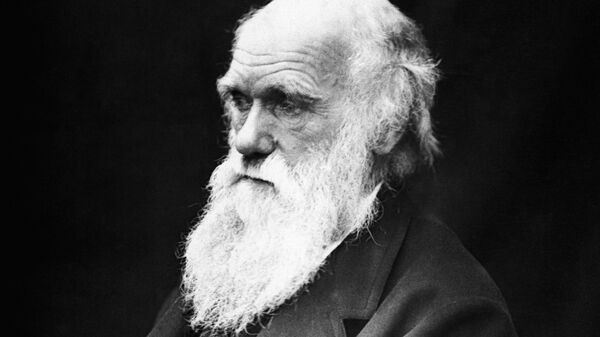The holiday aims to "inspire people throughout the globe" to commemorate Darwin's bold hypothesis and is a "day of celebration, activism, and international cooperation for the advancement of science, education, and human well-being", the International Darwin Day website said.
— The Nobel Prize (@NobelPrize) February 12, 2019
— Lindblad Expeditions (@LindbladExp) February 12, 2019
According to the website, the holiday is observed by the United Nations and member-states, in addition to local and state governments and others, to honour international partnerships "through the common language of science for the common good of all".
Darwin died at Downe House in 1882 in Down, Kent, aged 73. 100 years after the naturalist's birth, scientists in New York, New Zealand and Cambridge begin to honour his contributions to science, which had shattered the dominion of Creationist theories prevalent within the Anglican church and other religious institutions worldwide.
— God (@TheTweetOfGod) February 12, 2019
— Larry the Cat (@Number10cat) February 12, 2019
His groundbreaking book was published in 1859 and marked the birth of evolutionary theory in modern biology, after the scientist underwent a five-year-long voyage on the HMS Beagle from 1831 to 1836 across South America, Australia, New Zealand, Galapagos Islands and Mauritius, and others.
His theory determined that all living things were not created in a theological process, but evolved by natural selection via a "severe struggle for life" using environmental adaptation, breeding habits and self-preservation tactics.

